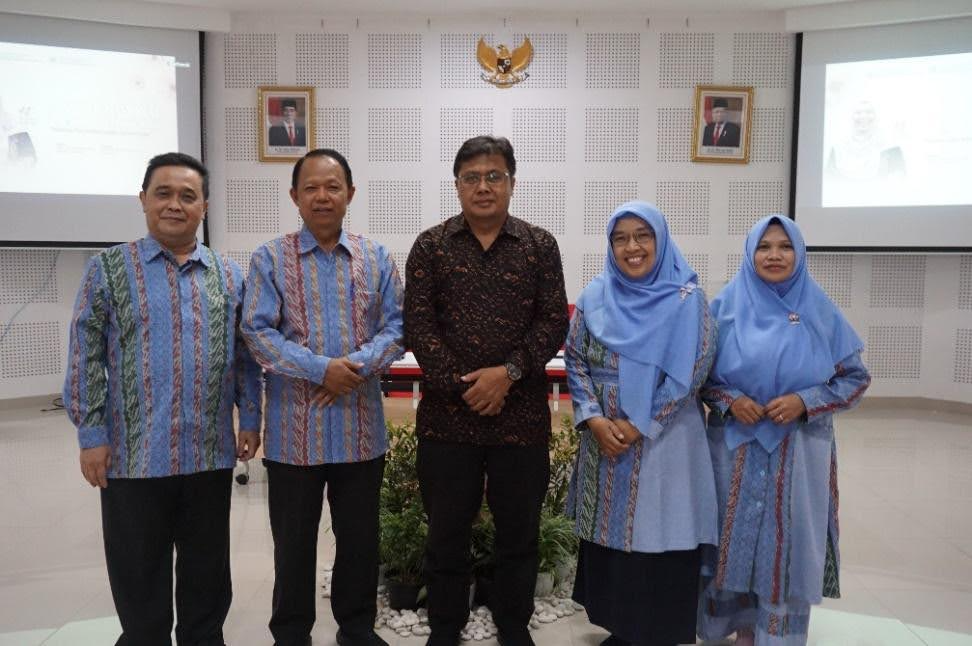
On Wednesday, September 11, 2024, the Master’s Program in Middle Eastern Cultural Studies in collaboration with the Bachelor’s Program in Arabic Literature at Universitas Gadjah Mada held a National Seminar on the theme of Palestine: From Nakba to Tufan Al-Aqsa at the Faculty of Cultural Sciences UGM. The event invited experts in Arabic literature and culture, namely Prof. Dr. Sangidu, M.Hum. and Prof. Dr. Fadlil Munawwar Manshur, M.S., from Gadjah Mada University and Dr. Uki Sukiman, M.Ag. from UIN Sunan Kalijaga Yogyakarta. The three speakers discussed the history of the Palestinian-Israeli conflict from 1948 and the struggle of the Palestinian people to gain state sovereignty.
In the first session, Prof. Dr. Sangidu, M.Hum. raised the hot issue of the Palestinian people who on Wednesday, May 15, 2024 yesterday, commemorated 76 years of Nakba (the day of catastrophe or the day of disaster) which as is known that May 15, 1948 was the day of the outbreak of the first Arab-Israeli war. The first Arab-Israeli war in 1948 lasted for approximately 10 months until it ended in March 1949, with Arab defeat. The Gaza War or Operation Tufan Al-Aqsa, which erupted on October 7, 2023, deserves to be called the second Nakba because this operation was the largest Palestinian resistance attack against Israel launched by the resistance faction in Gaza, Hamas, against the Israeli side in Palestine. This operation revealed a large number of depravity and rottenness of the Zionist government and its Western allies, as well as the breakdown of the justice system and global ethical and moral standards.
The second session of the seminar was continued by Prof. Dr. Fadlil Munawwar Manshur, M.S. who focused on the discussion related to the struggle of Palestinian Arab writers in literary works, both poetry and novels. Prof. Fadlil said that the Nakba tragedy had given birth to literary works in the form of Arabic poetry and short stories containing the resistance of the Palestinian people against Israel. The poems and short stories use the iltizam language style, which is a language style that contains the resistance of the Palestinian people against the Israeli occupation. The advantage of this iltizam language style lies in the ability of poets and short stories in describing the cultural conflict between Arab-Palestinian culture and Jewish-Israeli culture.

One of the Palestinian Arab writers who continues to produce literary works of resistance is Mahmoed Darwish. Entering the third discussion, Dr. Uki Sukiman revealed the role of the United States and Israel in Mahmoed Darwisy’s prose. He explained that the Palestinians must be freed from the political commodities of the United States. So far, the United States has used the Palestinian issue as a “line” to defend its interests in the region. According to Dr. Uki, stronger pressure is needed from the international community to Israel on the basis of respect for the universal principles of relations between countries that are anti-oppression, anti-colonialism and against all forms of colonialism. This pressure is expected to condemn and urge Israel to withdraw from Palestinian land.

